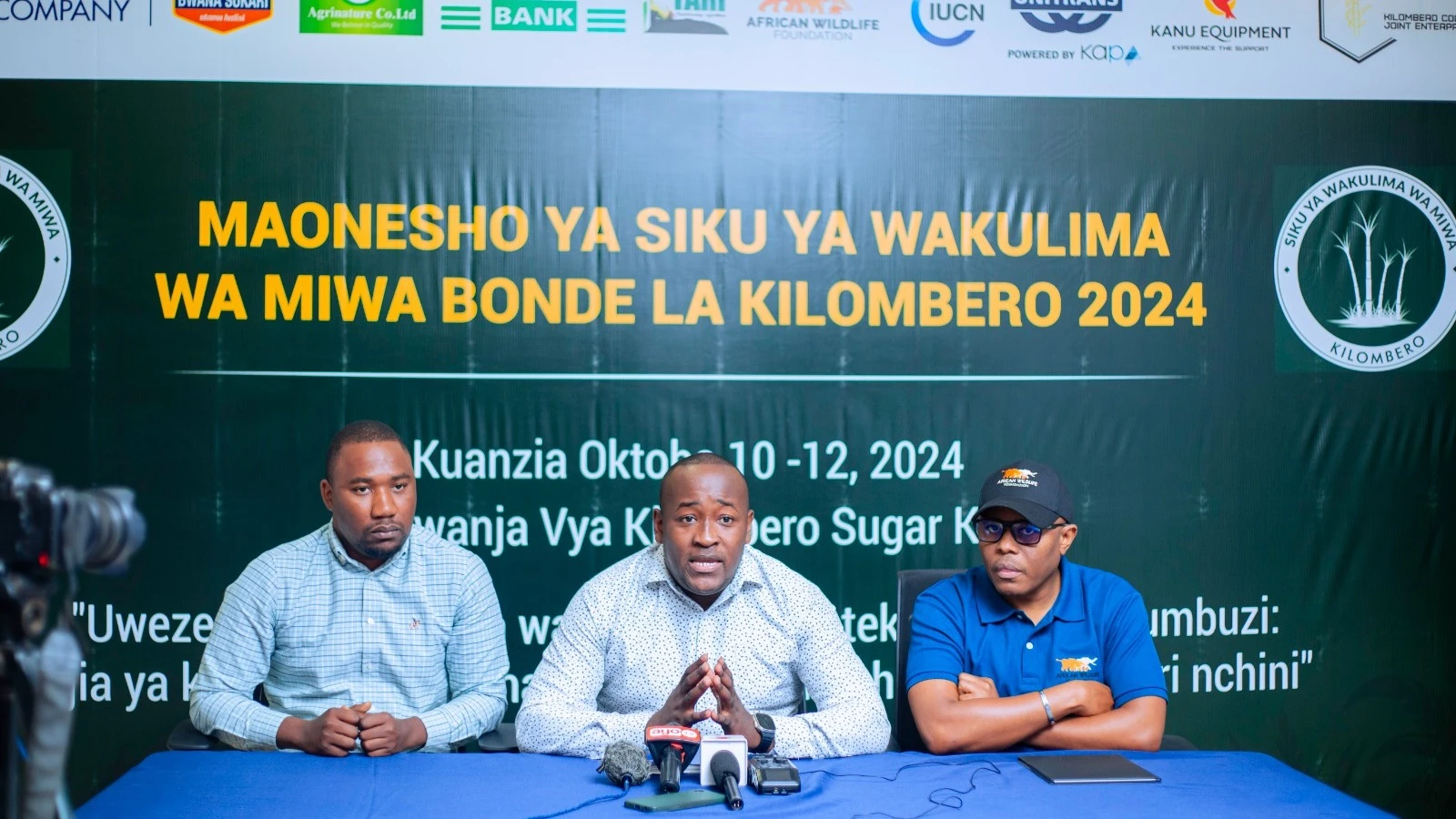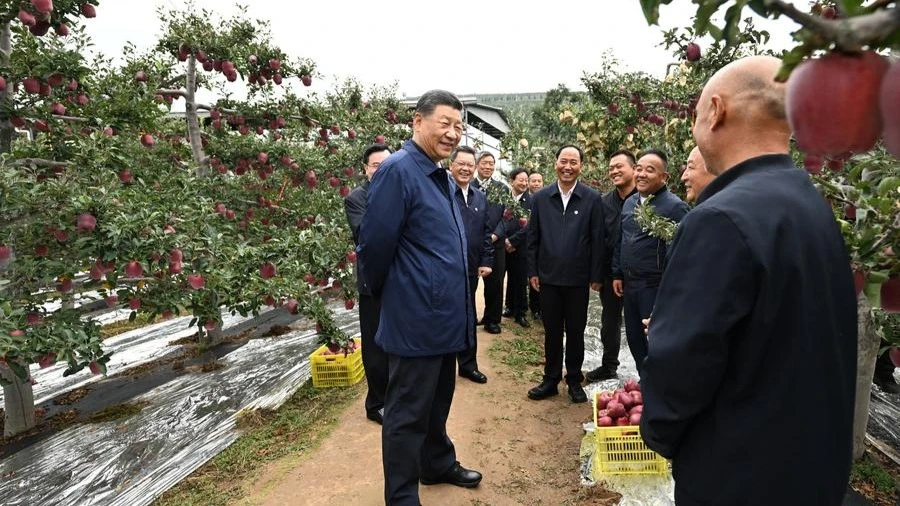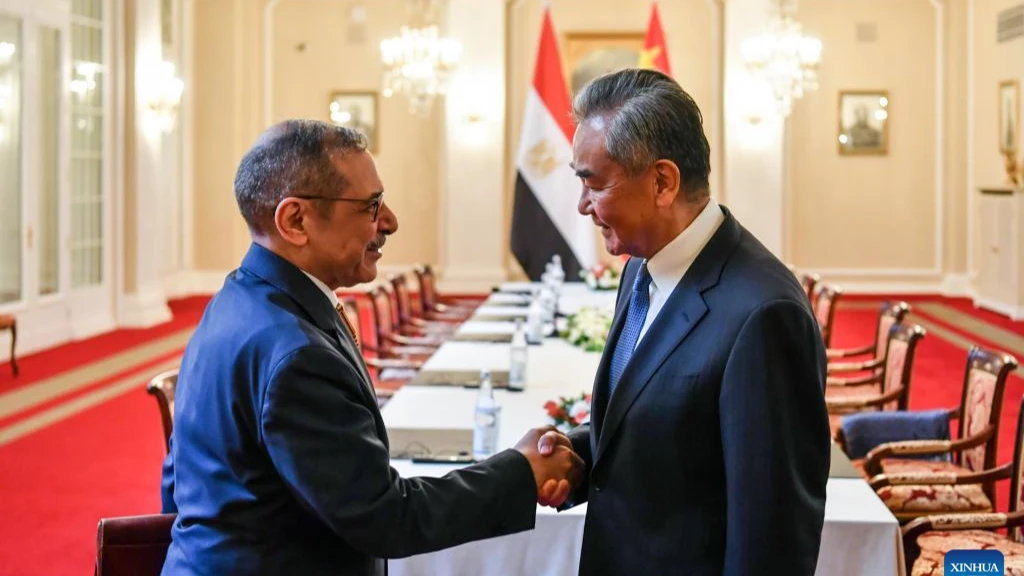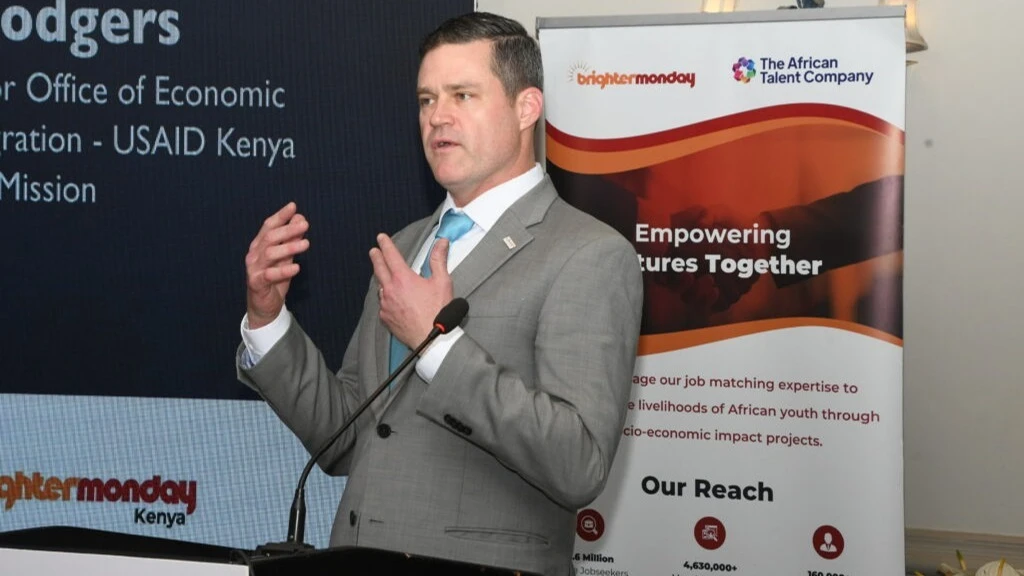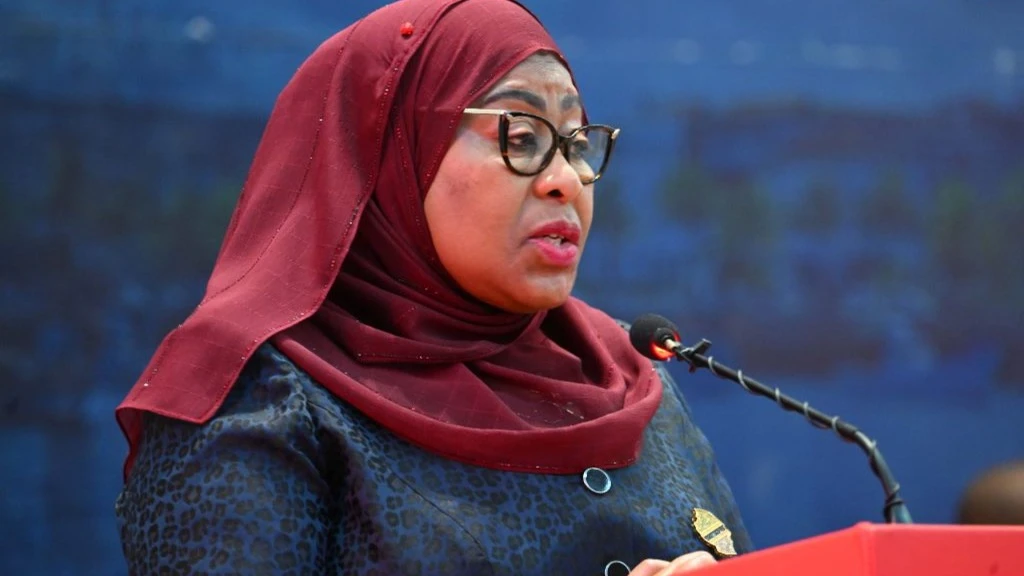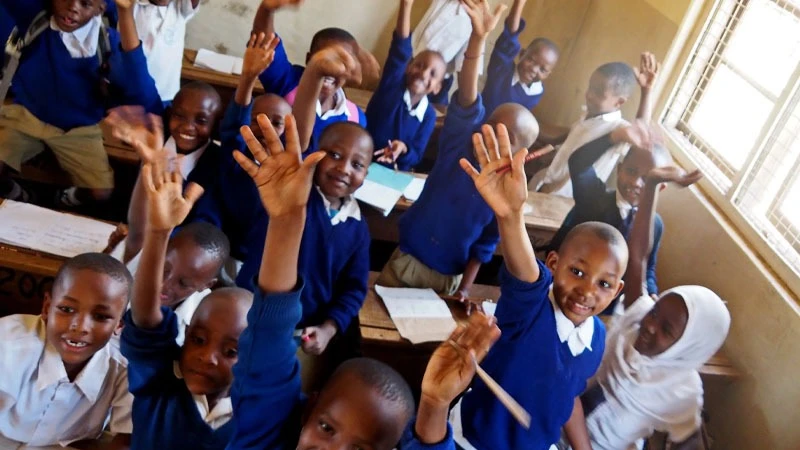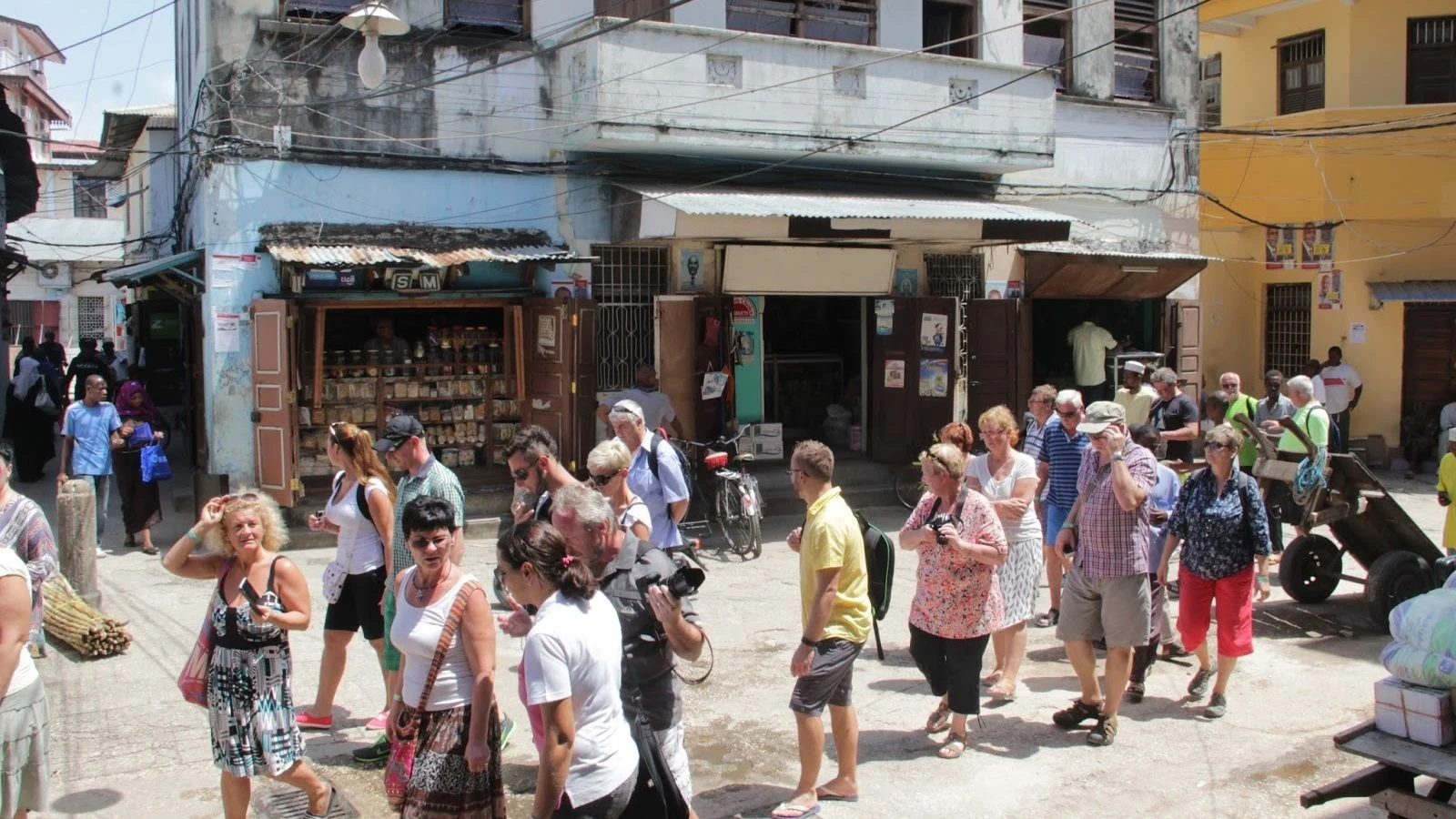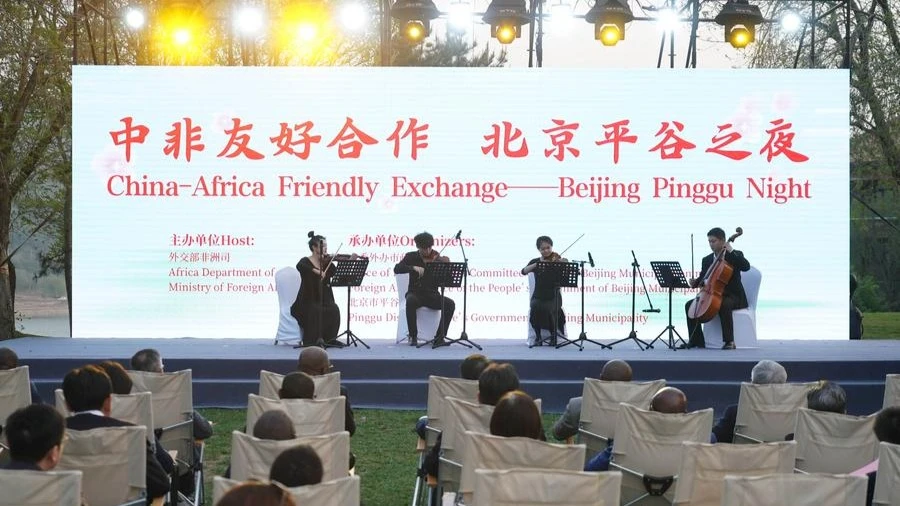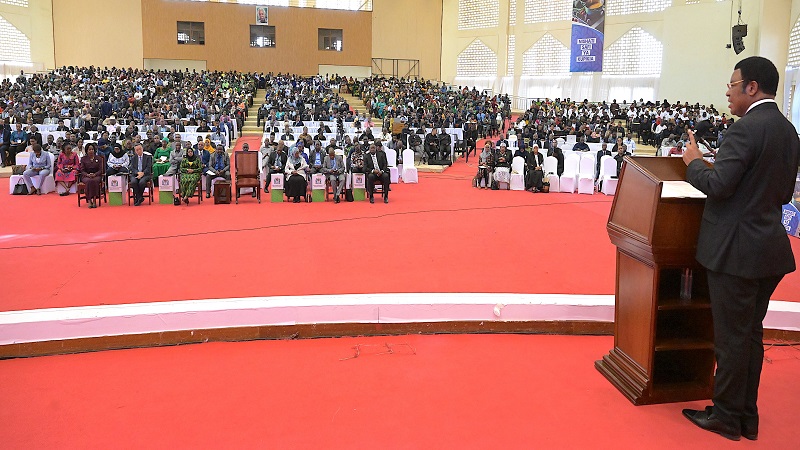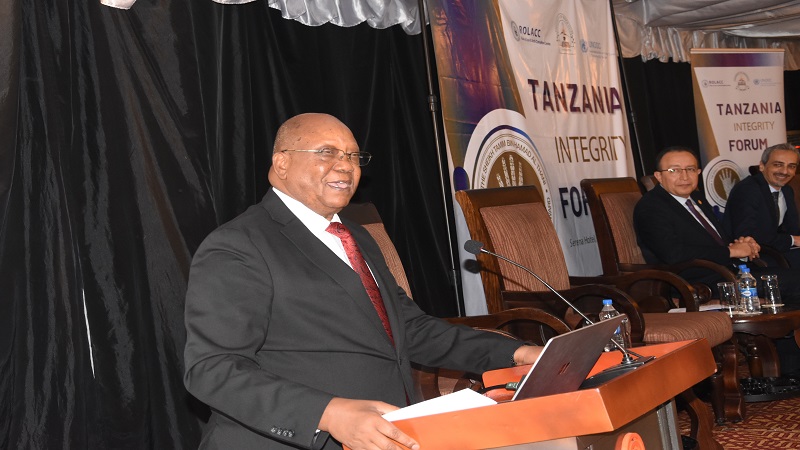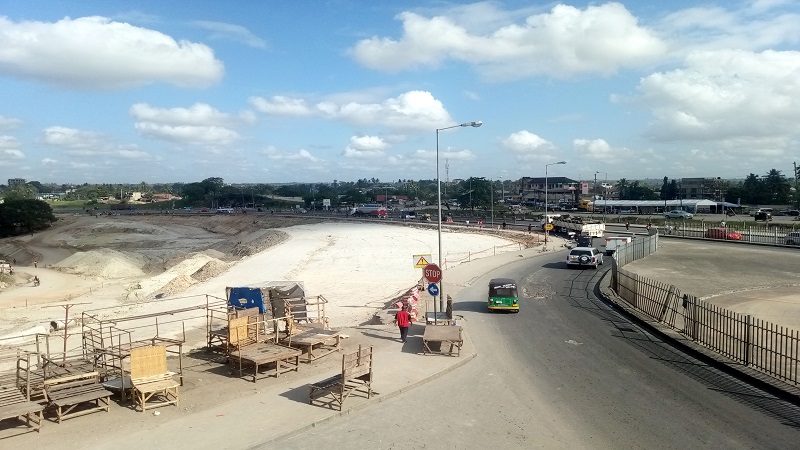BRI, African Union’s Agenda 2063 in synergy, forum told
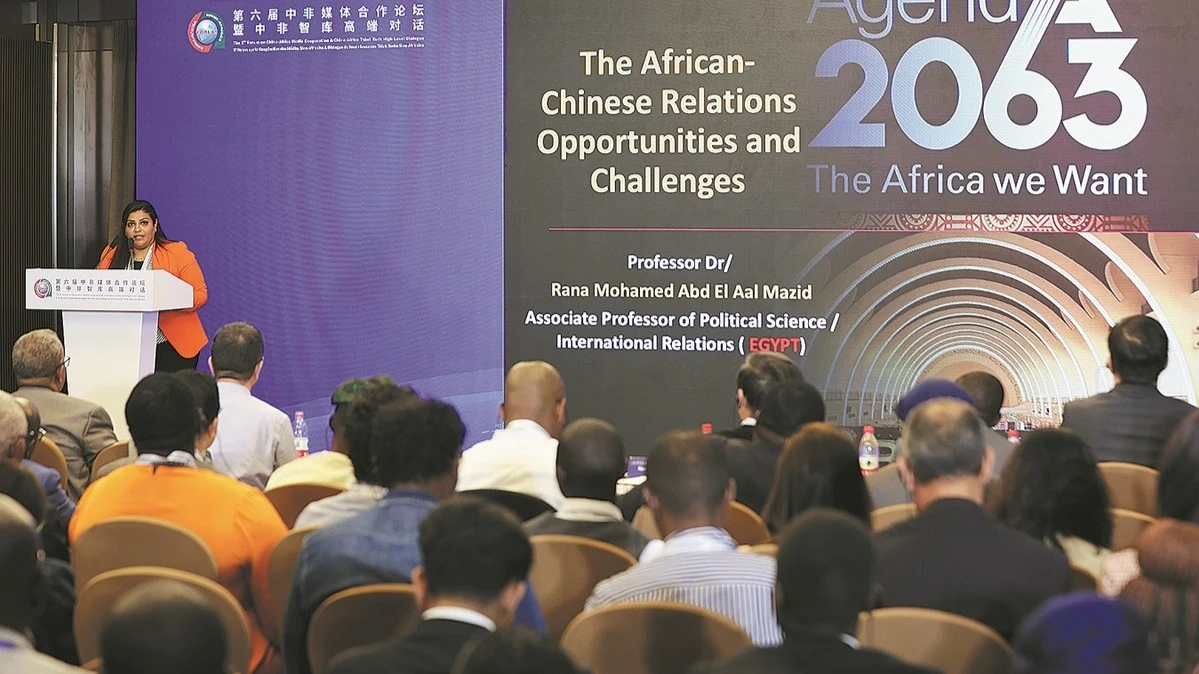
China is ready to promote synergy between the Belt and Road Initiative and the African Union’s Agenda 2063 and the development strategies of African countries, experts said at a Sino-African forum on Wednesday. The forum also delved into the fostering of win-win cooperation and supporting the modernization of African nations.
The development strategies of African countries, focusing on areas such as infrastructure development, knowledge sharing, industrialization and sustainable growth, were also discussed at the 6th Forum on China-Africa Media Cooperation and China-Africa Think Tank High-Level Dialogue.
The BRI was proposed by China in 2013 to chart new areas for international cooperation, while Agenda 2063, adopted by the African Union in January 2015, set out a series of goals related to the development of greater prosperity in Africa.
Paul Frimpong, executive director of Africa-China Center for Policy and Advisory, said Africa is a continent that is rich in natural resources, and breaking its “infrastructure gap” has the potential to unlock the continent’s economic transformation.
“The BRI seeks to build connectivity”, Frimpong said. “We believe that if we seek to build a continent, we want to unlock the potential of the African continent to bring that kind of transformation that we want.
“We need to invest in our infrastructure, and that is what BRI seeks to do.”
Projects such as an upstream and downstream integrated project in Chad and a natural gas processing plant in Tanzania serve as BRI flagship ventures, said Lu Ruquan, president of China National Petroleum Corp’s Economics and Technology Research Institute.
The BRI and Agenda 2063 “have the potential to have a significant global impact”, said Alpha Mohamed Jalloh, director of the China Africa Institute at the University of Makeni in Sierra Leone.
“Investment is key,” he said. “China’s investments in African countries are expanding in various sectors, including agriculture, mining and manufacturing. This investment is aligned with Agenda 2063.It focuses on industrialization and economic diversification.”
Yu Yunquan, president of the Academy of Contemporary China and World Studies, called for the strengthening of collaborative research, enhancement of knowledge sharing, expansion of cultural exchanges, and promotion of people-to-people connectivity to better align the development goals of China and Africa and promote modernization.
“The rules of the game are changing,” said Rana Mohamed Abd El Aal Mazid, associate professor of political science at Suez Canal University in Egypt.
“The political game is changing. It is no longer a zero-sum game.
“Chinese tools are totally different from Western tools. African countries have come to use the Chinese political and economic system as a role model. And this is a very important point to be taken into consideration.”
Xinhua
Top Headlines
© 2024 IPPMEDIA.COM. ALL RIGHTS RESERVED








